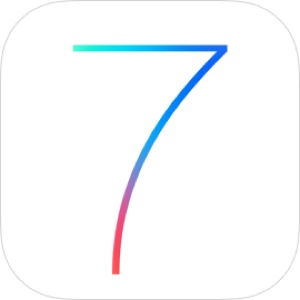Eastman Kodak Co.’s patent- infringement complaint seeking to block U.S. imports of, among other things the iPhone, will be investigated by a U.S. trade agency, reports “Bloomberg” (http://www.businessweek.com/news/2010-02-17/kodak-gets-review-in-bid-to-block-apple-rim-imports-update1-.html).
The U.S. International Trade Commission in Washington will consider the complaint filed last month and decide whether to ban the imports after Kodak claimed that the companies refused to pay patent royalties on digital-camera technology, the article adds. Kodak also has a civil lawsuit pending. Kodak claims in the ITC case that Apple and RIM are infringing a patent related to ways to preview images. The civil suit, only against Apple, concerns that patent and additional ones for digital cameras and computer processes.
The Kodak complaint, filed with the U.S. International Trade Commission (ITC), specifically claims that Apple’s iPhones and RIM’s camera-enabled BlackBerry devices infringe a Kodak patent that covers technology related to a method for previewing images. Separately, Kodak filed two suits today against Apple in U.S. District Court for the Western District of New York that claim the infringement of patents related to digital cameras and certain computer processes.
Laura G. Quatela, chief intellectual property officer, and vice president, Eastman Kodak Company, says that Kodak has licensed digital imaging technology to approximately 30 companies, including such LG, Motorola, Nokia, Samsung, and Sony Ericsson, all of which are royalty bearing to Kodak. On Dec. 17, in an action involving Samsung and Kodak, an ITC Administrative Law Judge issued a ruling declaring that the Kodak patent covering color image preview (No. 6,292,218) was valid and enforceable, and that Samsung’s camera-enabled mobile devices infringed upon that Kodak patent.
In the complaint against Apple and RIM, Kodak is seeking from the ITC a limited exclusion order preventing the importation of infringing devices, including certain mobile telephones and wireless communication devices featuring digital cameras.
In the first suit against Apple in U.S. District Court, Kodak alleges infringement of two patents generally covering image preview and the processing of images of different resolutions. In the second suit, Kodak alleges infringement of patents that describe a method by which a computer program can “ask for help” from another application to carry out certain computer-oriented functions. The allegations in the second suit apply to any Apple product that uses the processing method described above.
The patents at issue in the second suit were previously the subject of litigation between Kodak and Sun Microsystems Inc., and in that case, a federal jury determined in a 2004 trial that Sun’s Java programming technology had infringed the patents. Kodak later settled the suit by agreeing to a payment from Sun in return for a license for the patents at issue. In both District Court actions against Apple, Kodak is seeking to permanently enjoin Apple from further infringement as well as unspecified damages.


